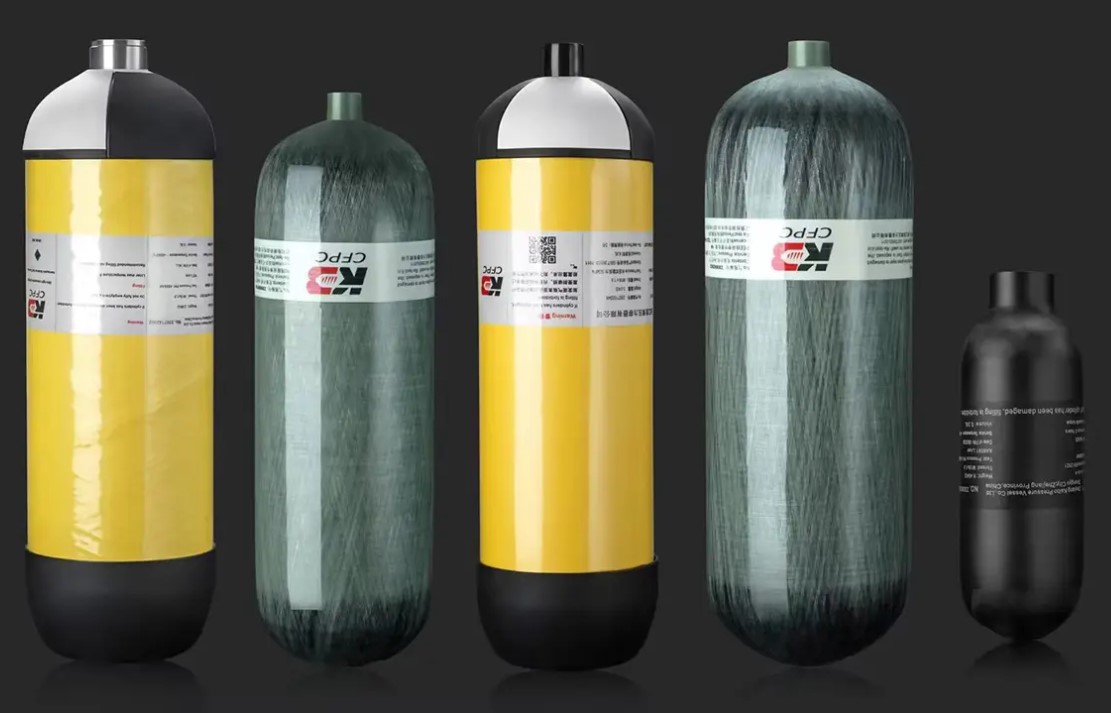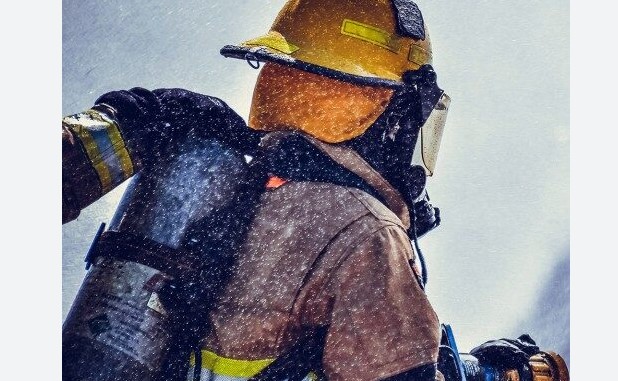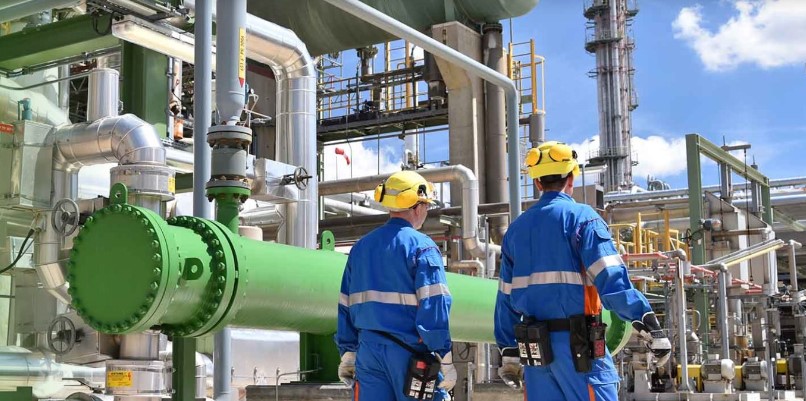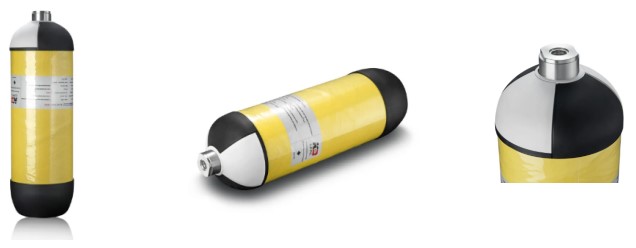Emergencies in the chemical industry, such as toxic gas leaks or hazardous material spills, can pose significant risks to workers, responders, and the environment. Effective emergency response depends on reliable and efficient equipment, particularly self-contained breathing apparatus (SCBA) systems. Among these, carbon fiber SCBA cylinders have emerged as essential tools for ensuring safety and operational efficiency during such crises.
Understanding the Importance of SCBA Cylinders in Chemical Emergencies
In chemical plants or industrial facilities, accidental spills and gas leaks can quickly escalate into life-threatening situations. Toxic fumes, oxygen-deficient environments, and flammable substances make personal protective equipment, including SCBA systems, non-negotiable. SCBA cylinders provide an independent air supply, allowing workers and emergency responders to operate safely in hazardous conditions.
Carbon fiber SCBA cylinders, in particular, bring significant advantages over traditional steel or aluminum cylinders, offering lightweight durability and higher performance.
Benefits of Carbon Fiber SCBA Cylinders in Chemical Spills and Leaks
1. Lightweight Design for Enhanced Mobility
Chemical emergency scenarios often require swift action in confined or hard-to-access areas. Carbon fiber SCBA cylinders are considerably lighter than steel alternatives, reducing the physical strain on responders. This lighter weight translates to better mobility, allowing workers to move efficiently while carrying other essential tools and equipment.
2. Extended Air Supply for Longer Operations
During chemical spills or toxic gas leaks, workers might need to remain in hazardous zones for extended periods to contain the situation or perform rescue operations. Carbon fiber cylinders can accommodate higher pressures, typically up to 300 bar, allowing them to store more compressed air without significantly increasing their size. This extended air supply minimizes the need for frequent refills or replacements, which is critical during high-pressure situations.
3. Durability and Resistance to Corrosion
Carbon fiber composite materials are highly durable and resistant to corrosion, a key advantage in chemical environments where exposure to reactive substances is a constant risk. This resistance ensures the longevity and reliability of the SCBA cylinders, even when frequently exposed to harsh conditions.
4. High Pressure and Impact Resistance
Chemical emergencies often involve unforeseen impacts or rough handling of equipment. Carbon fiber SCBA cylinders are designed to withstand high pressures and impacts, reducing the risk of damage during use. Their composite structure ensures they can endure challenging conditions without compromising safety.
Practical Applications in Emergency Scenarios
1. Containing Toxic Gas Leaks
When a toxic gas leak occurs, responders must quickly identify the source and shut it down to prevent further exposure. Wearing an SCBA equipped with a carbon fiber cylinder allows them to operate safely in areas where air quality is compromised. The extended air supply and lightweight design ensure responders can work efficiently without unnecessary breaks.
2. Rescue Operations in Hazardous Zones
Chemical facilities often have confined spaces, such as storage tanks or processing units, where rescues can be complex and time-sensitive. Carbon fiber cylinders, being lightweight and compact, are ideal for maneuvering through such spaces. Their extended air capacity also allows rescue teams to focus on saving lives without worrying about running out of breathable air too soon.
3. Cleanup and Decontamination
After a chemical spill, cleaning up the affected area often involves prolonged exposure to hazardous substances. SCBA systems with carbon fiber cylinders enable cleanup crews to perform their duties safely and efficiently. The durable and corrosion-resistant nature of these cylinders ensures they can withstand repeated use in chemically harsh environments.
Safety Considerations for Carbon Fiber SCBA Cylinders in Chemical Industries
While carbon fiber SCBA cylinders provide numerous advantages, their use requires proper handling and maintenance to ensure safety and effectiveness:
- Regular Inspection and Testing
Carbon fiber cylinders must be inspected periodically for physical damage or degradation. Hydrostatic testing, typically required every 3-5 years, ensures the cylinder can withstand its rated pressure. - Proper Storage
When not in use, cylinders should be stored in a clean, dry area away from direct sunlight and chemical exposure to prevent unnecessary wear. - Training for Users
Workers and responders must be trained to operate SCBA systems, including how to don the equipment, manage air supply, and respond to emergencies effectively.
Conclusion: A Vital Asset for Chemical Industry Safety
Carbon fiber SCBA cylinders are an indispensable part of emergency response in the chemical industry. Their lightweight design, extended air capacity, and durability provide a significant edge during critical situations, such as toxic gas leaks and chemical spills. These cylinders empower workers and responders to perform their duties safely and effectively, even in the most challenging environments. By investing in high-quality carbon fiber SCBA cylinders and maintaining them properly, chemical facilities can significantly enhance their preparedness and resilience against emergencies.
Post time: Nov-20-2024




